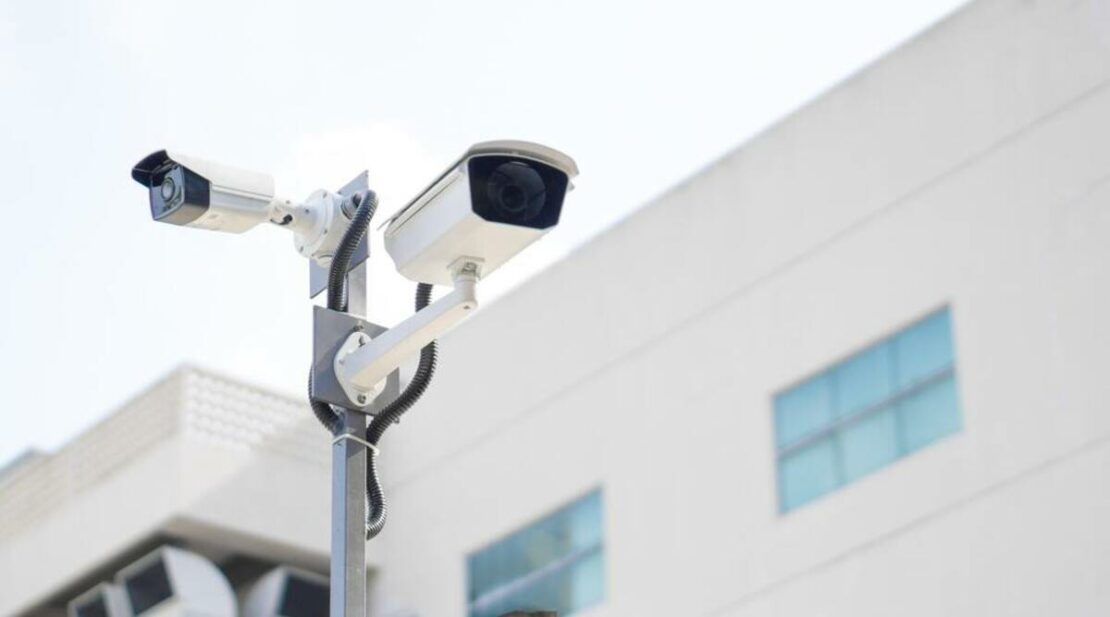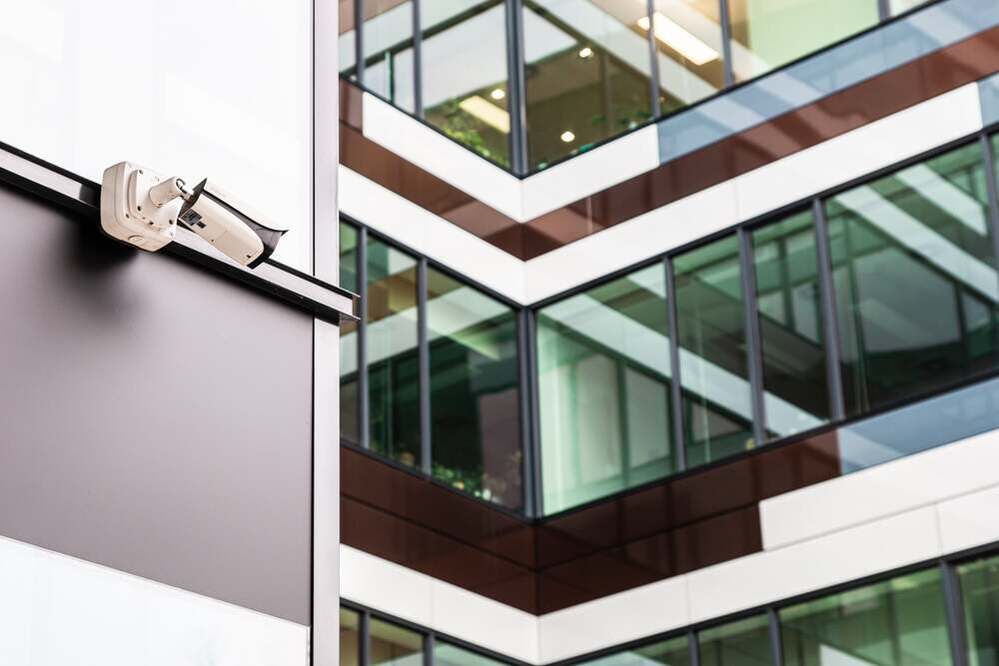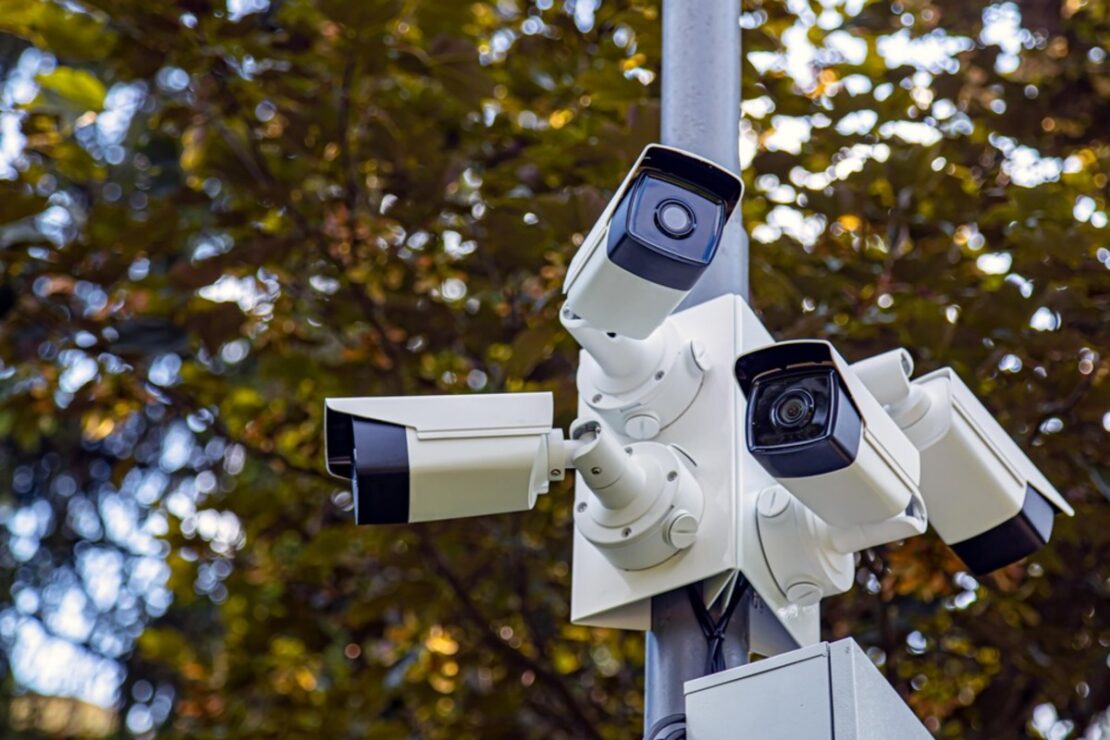
In this article, we address a question we are often asked – how many CCTV cameras do I need to protect my business? Security is a vital aspect of any business, and CCTV cameras are one of the most common tools used to ensure it.
CCTV plays a crucial role in securing commercial premises and protecting assets and staff. Detecting and deterring theft and vandalism, along with mitigating break-ins and monitoring internal incidents are all areas where CCTV can play a key role in protecting a business.
Table of contents
- How many CCTV cameras do I need to protect my business?
- Understand your budget
- What are your security objectives?
- How many CCTV cameras do I need? Free site survey & quote!
- Commercial CCTV camera type selection
- Detection devices, analytics & off-site CCTV monitoring
- Conclusion: How many CCTV cameras do I need?
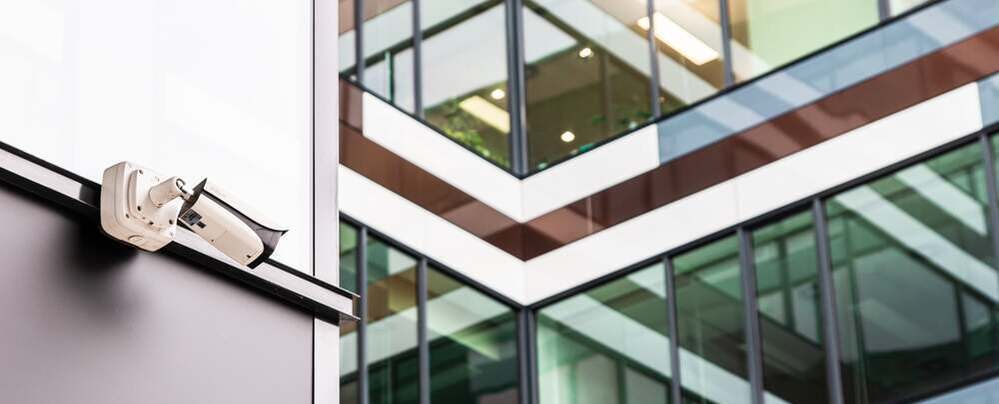
How many CCTV cameras do I need to protect my business?
It’s a good question, and one we get asked a lot. There are a variety of factors that form the answer to this question, including budget, security objectives, and camera type.
The first topic we cover in this short guide to how many CCTV cameras you need is understanding your budget.
Let’s get started
Understand your budget
In this section of our guide, we focus on budget. Your budget will often dictate the volume of CCTV cameras you can afford as well as which brand of device you choose to have installed.
Let’s take a look at each of these.
Volume of CCTV cameras
Your budget plays a crucial role in determining the number of CCTV cameras you can afford. A lower budget means fewer cameras, which may lead to less coverage of critical areas.
Conversely, a higher budget may allow for more cameras and greater coverage, providing you with better security. If your budget is tight, you will have to prioritize the areas you want to cover, such as entrances, exits, and high-value goods storage areas.
It’s important to note that higher-priced cameras may come with additional features and advanced technology that can provide a higher level of security.
Related reading: The different types of CCTV camera systems for businesses
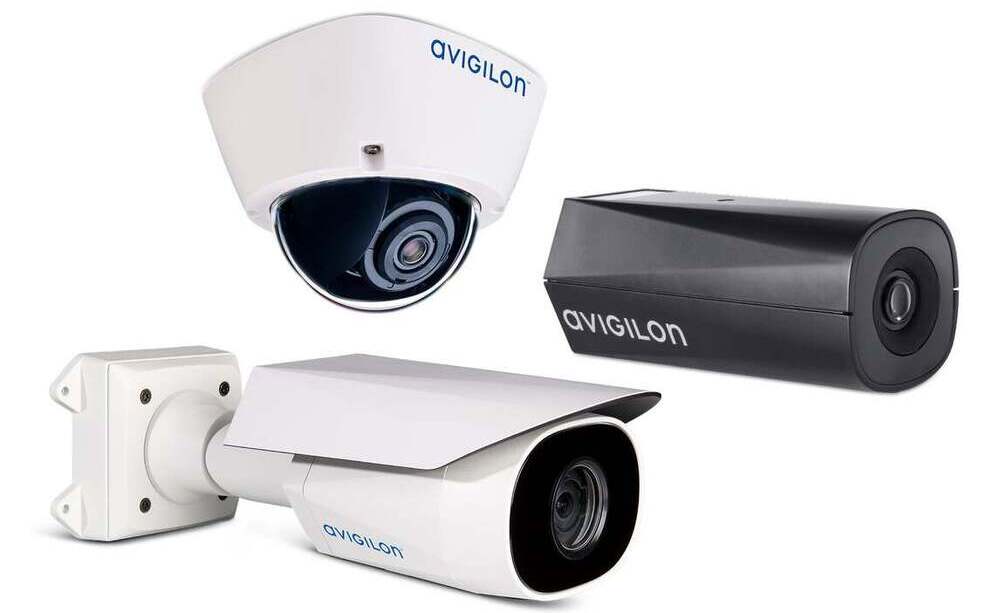
CCTV camera brand
When asking yourself, how many CCTV cameras do I need, the brand you choose to have installed will require budgetary considerations. If you are on a lower budget, Hikvision cameras are a popular choice for owner-managed smaller businesses. For small businesses, Hikvision’s cameras are reliable and come at an affordable price point. At Safeguard Systems, as experienced Hikvision installers, we know the financial constraints many businesses face.
On the other hand, Hanwha CCTV cameras are a good choice for mid-market businesses that require more advanced features than what Hikvision offers, but are not quite ready for the premium prices of Avigilon and Axis.
Avigilon surveillance cameras and Axis are premium brands that carry a higher price along with being integrated with fantastic technology. They are well suited for enterprise businesses that require the highest level of security and have the budget to support it.
Ultimately, it’s important to choose a CCTV camera brand that fits both your budget and your security needs.
Related reading: 14 reasons to invest in commercial CCTV for your business
What are your security objectives?
When asking yourself, ‘how many CCTV cameras do I need?’, knowing your security objectives is essential.
If your business is at risk of commercial burglary, which may result in significant financial loss, you should set an appropriate budget and opt for quality cameras to cover all areas.
If you require surveillance at night, ensure your camera selection and system includes thermal, night vision, video analytics, and advanced human detection solutions. On the other hand, if you just want peace of mind and a visible deterrent, fewer cameras are acceptable.
It is always recommended you undertake a cost / benefit analysis when making decisions on security and protecting a business.
How many CCTV cameras do I need? Free site survey & quote!
Looking for a new or upgraded CCTV system for your business?
At Safeguard, we offer a free site survey and quote for businesses looking to improve security and protect their assets.
Call us now on 0800 689 1835 or send us an enquiry via our contact page.
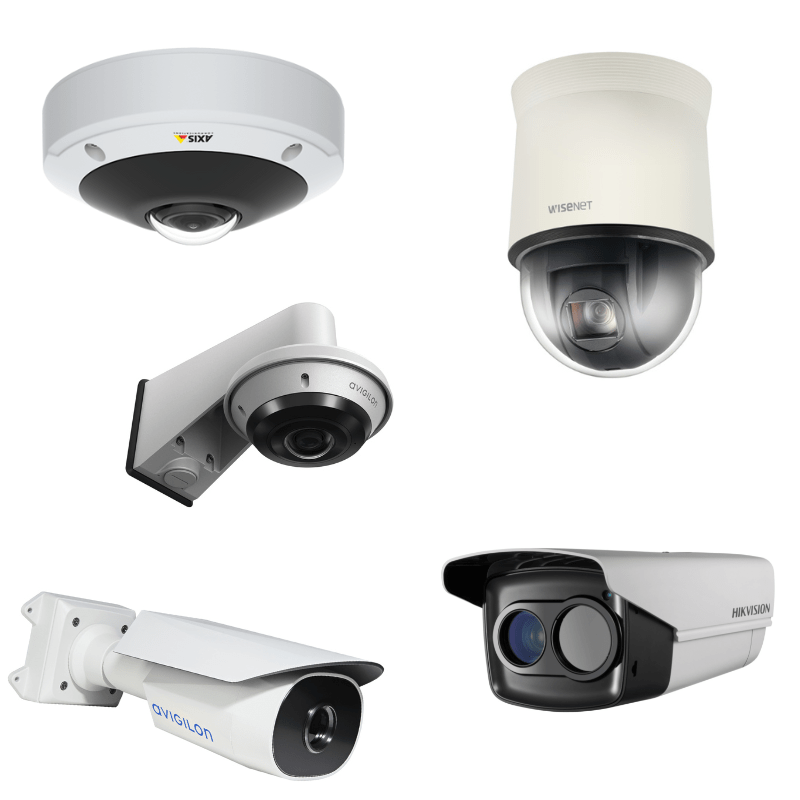
Commercial CCTV camera type selection
In this penultimate section of our guide to how many CCTV cameras you need to protect your business, we focus on camera type. The type of camera you select also influences the number of CCTV cameras you need to provide coverage of the areas you need monitoring.
Here are some popular camera types and their benefits and advantages:
PTZ cameras
These are pan-tilt-zoom cameras that provide 360-degree views of an area, making them ideal for large spaces. Typically PTZ cameras are deployed to enable security operatives to assess and deal with threats in real-time. Or when footage is viewed retrospectively, an operative can zoom in on any footage and make an appropriate assessment
Dome cameras
These cameras are discreet and can be mounted on ceilings or walls. They offer a wide-angle view and are ideal for indoor surveillance. Furthermore, some cameras can be deployed in external settings, as they have an anti-vandal casing which makes them hard to tamper with
Bullet cameras
These cameras are long and cylindrical and are suitable for outdoor surveillance, providing clear images, at range in low light conditions. Bullet cameras are the perfect solution for businesses looking to monitor a specific target area. One of the drawbacks of bullet cameras is they are easier to spot, and are prone to vandalism.
Fisheye cameras
These cameras offer a 180 – 360-degree view and are perfect for monitoring large open areas. In addition to their panoramic viewing capabilities, fisheye CCTV cameras can enhance situational awareness and minimise potential blind spots by creating split views in multiple directions. As a result, this expands coverage without the need for additional cameras to be installed to cover a wide area.
Turret cameras
These cameras offer high-quality images and can be used indoors and outdoors. Turret cameras have several advantages, including their compact design, versatile mounting options, and ability to provide clear images in low light conditions. When compared to dome cameras, turrets have some significant advantages. At night, the protective glass on dome cameras may cause IR bounce-back, particularly if changes in the weather have warped the dome’s anti-glare mechanism.
Thermal cameras
Thermal cameras are an exceptional surveillance device, particularly when deployed in low or no light settings. These surveillance cameras offer advanced human and threat detection capabilities, particularly when integrated with AI-driven video analytics.
Related reading
Interested to learn more about the different types of commercial CCTV cameras? We’d recommend reading these articles:
- The different types of commercial CCTV cameras
- Turret vs dome cameras – which are best?
- A guide to PTZ cameras
Detection devices, analytics & off-site CCTV monitoring
In addition to how many CCTV cameras you need to protect your business, you can also consider other security devices to protect your business, such as:
- Sensor
- Beams
- IR illuminators
- AI-drive video analytics
These devices work in conjunction with CCTV cameras to enhance security, detect threats and raise alerts for security operatives to respond to.
Furthermore, CCTV monitoring is an effective option for businesses looking to reduce the cost of physical security.
Detection devices & solutions
Detection devices can also be used in conjunction with CCTV cameras to improve security. For instance:
- Sensors on cameras can detect movement and trigger alarms when activated
- Infrared beams can protect perimeters and trigger alerts when an intruder is detected
- IR illuminators can be used for accurate threat detection and to reduce false alarms
- AI-driven analytics can provide advanced human detection in low and no-light settings
CCTV monitoring
CCTV monitoring systems reduce the cost of security compared to employing guards.
Also known as monitored CCTV, this security solution involves remote monitoring of CCTV cameras, which can detect any security breaches and alert offsite security personnel when triggered.
With advancements in technology, CCTV monitoring typically saves companies 80% of the costs of employing security guards.
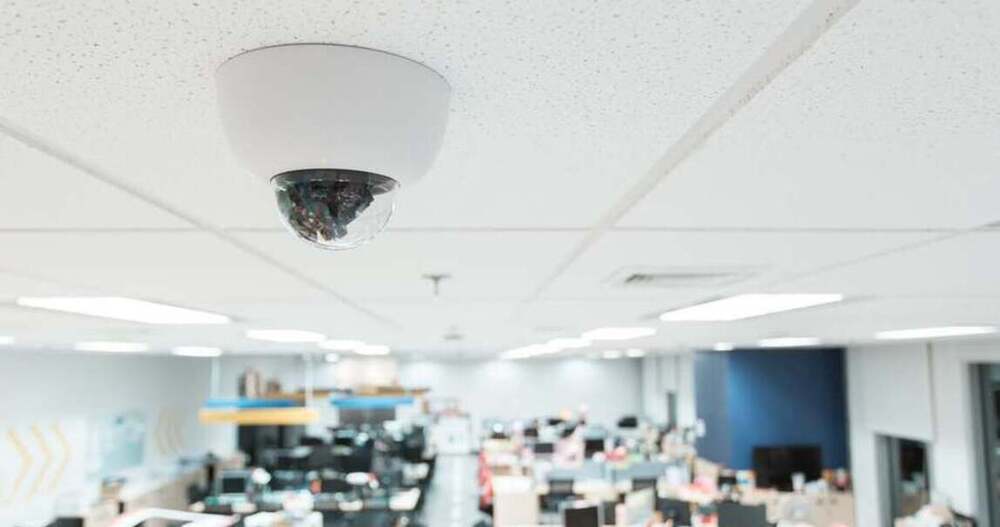
Conclusion: How many CCTV cameras do I need?
The number of CCTV cameras you need to protect your business depends on several factors, including your budget, objectives, and camera type. It is essential to consider your objectives and select a camera type that suits your requirements.
Additionally, you can use other detection devices such as sensors, beams, and IR illuminators to enhance security.
CCTV monitoring is also an effective way to reduce the cost of security while ensuring round-the-clock surveillance of your business premises.
Looking for more articles covering CCTV?
If you are researching your options, follow Safeguard Systems on LinkedIn today. We regularly post articles, guides and insights on the topic of CCTV, surveillance and business security.

